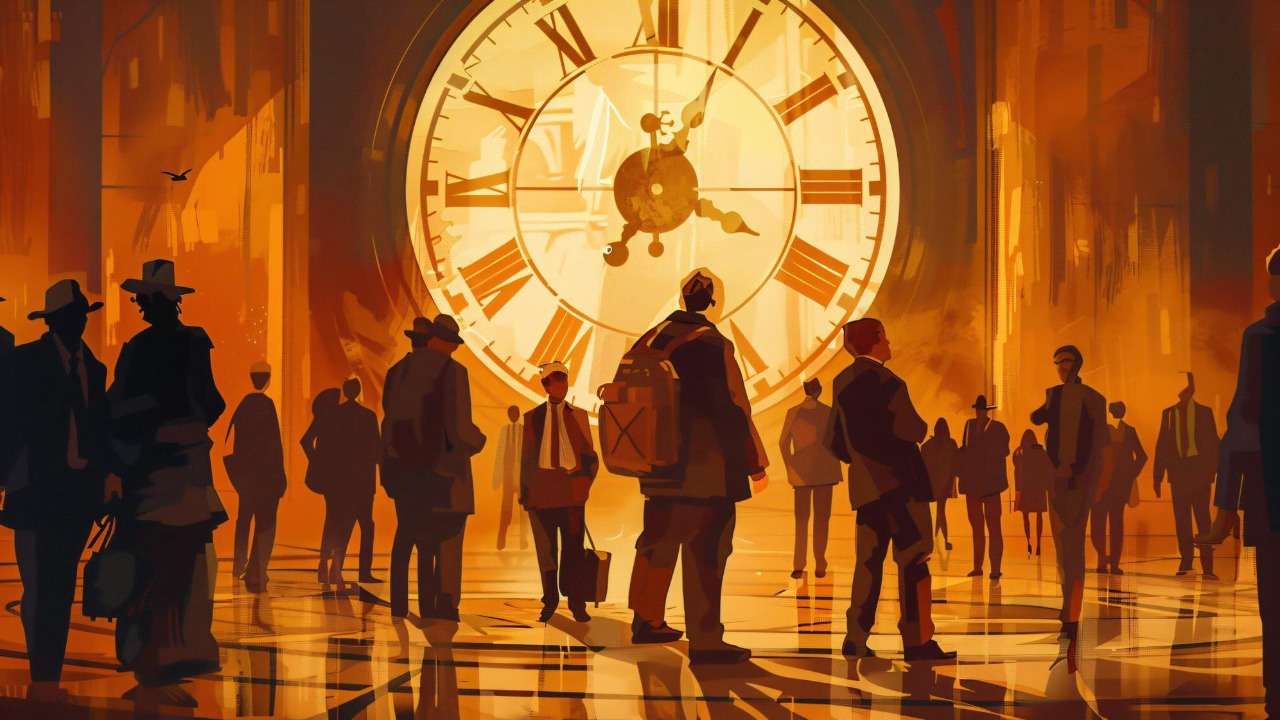
Imagine a place where time seems to slow down, where every second stretches out to be savored. A recent study has discovered such a location, where human perception of time slows by 9% compared to average conditions. This intriguing finding not only offers a fresh perspective on our understanding of time but also sheds light on the subjective nature of time perception, which varies across different environments and stages of life.
The Core Findings of the Study
The study meticulously measured the perception of time in a specific location, revealing a 9% slowdown in the human sense of time. This deviation was quantified through rigorous experimental methods, underscoring the robustness of the findings. The location’s unique characteristics, which contribute to this effect, were carefully observed, although the study refrained from speculating on the exact causes of this phenomenon. The implications of this 9% slowdown are profound, suggesting that our biology may be more intricately linked to our environment than previously thought. source.
Understanding Time Perception Basics
Our perception of time is a complex interplay of neural and cognitive factors. It is not a fixed entity but a subjective experience that can be influenced by various environmental and situational changes. For instance, time can seem to slow down during a crisis or speed up when we are engrossed in an activity. This understanding sets the stage for the study’s finding of a location-specific effect on time perception. source.
Age and the Acceleration of Time
As we age, time seems to speed up. This phenomenon is thought to be due to the accumulation of life experiences and the solidification of routines. Studies have shown that this effect intensifies over decades, with memory playing a crucial role in our retrospective perception of time. The more memories we accumulate, the faster time appears to pass. source.
Children’s Slower Perception of Time
On the other end of the spectrum, children perceive time as passing more slowly than adults do. This is thought to be due to their higher novelty rates and fewer life experiences, which provide fewer reference points for judging time. Developmental psychology provides numerous examples of this phenomenon, such as children perceiving a short wait as an eternity. source.
Environmental Influences on Time Flow
Our perception of time can also be influenced by our environment. Certain places or settings can decelerate our sense of time through sensory or contextual cues. This is not limited to the location identified in the study but can also occur in other places, such as during travel or relaxation. The study’s findings add to our understanding of how our environment can shape our perception of time. source.
Practical Applications and Daily Relevance
Recognizing places where time perception slows down could have practical applications in our daily lives. For instance, spending time in such locations could help reduce stress or enhance productivity. Incorporating these locations into our routines could allow us to leverage the 9% slowdown for our benefit. The study’s findings offer actionable insights into how we can manipulate our perception of time to improve our well-being. source.
Broader Scientific Context and Future Directions
The study’s findings fit into a broader scientific context of research on time perception across psychology and neuroscience. Future research could extend these findings by testing different demographics or environments. Despite the limitations of the current data, the study opens up new avenues for exploring the fascinating subject of temporal subjectivity. source.
More from MorningOverview